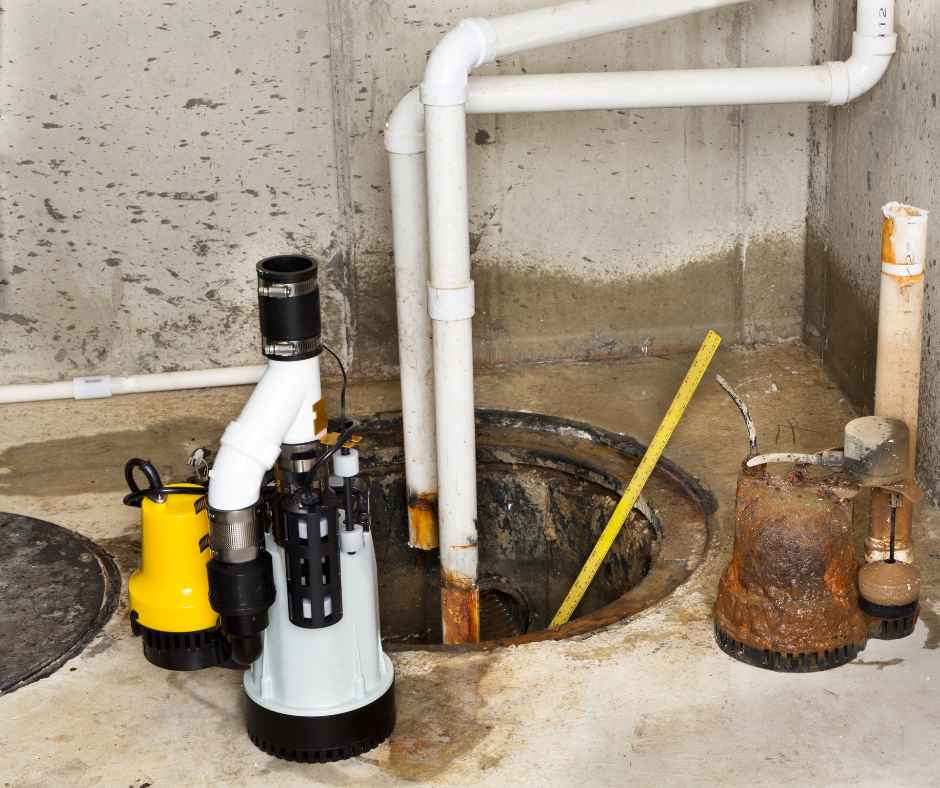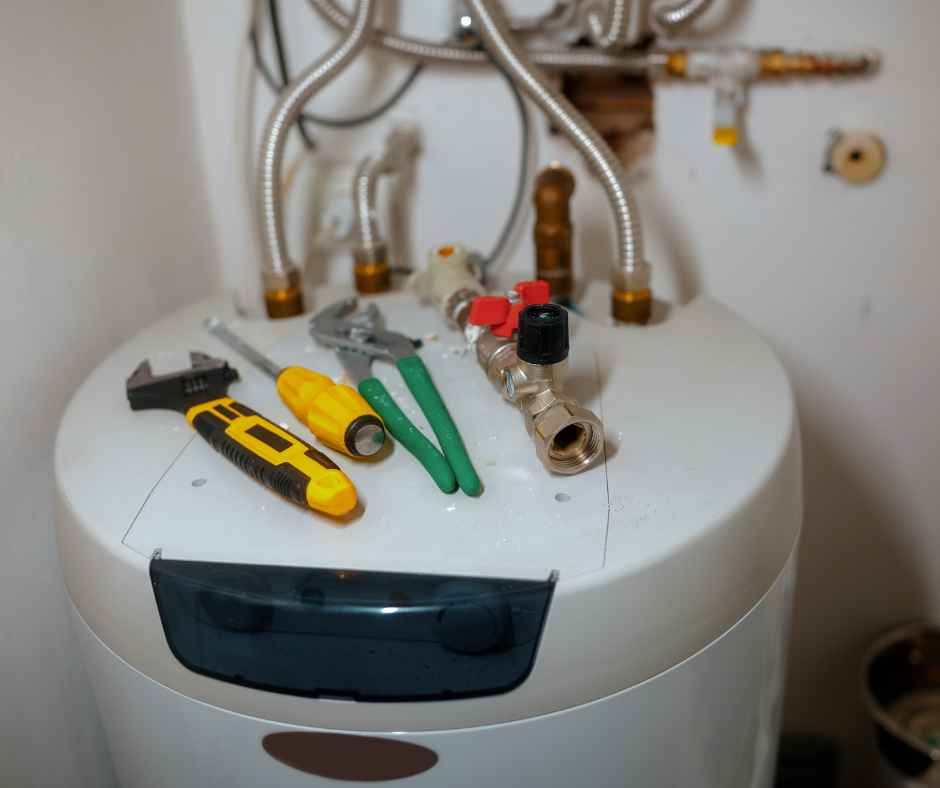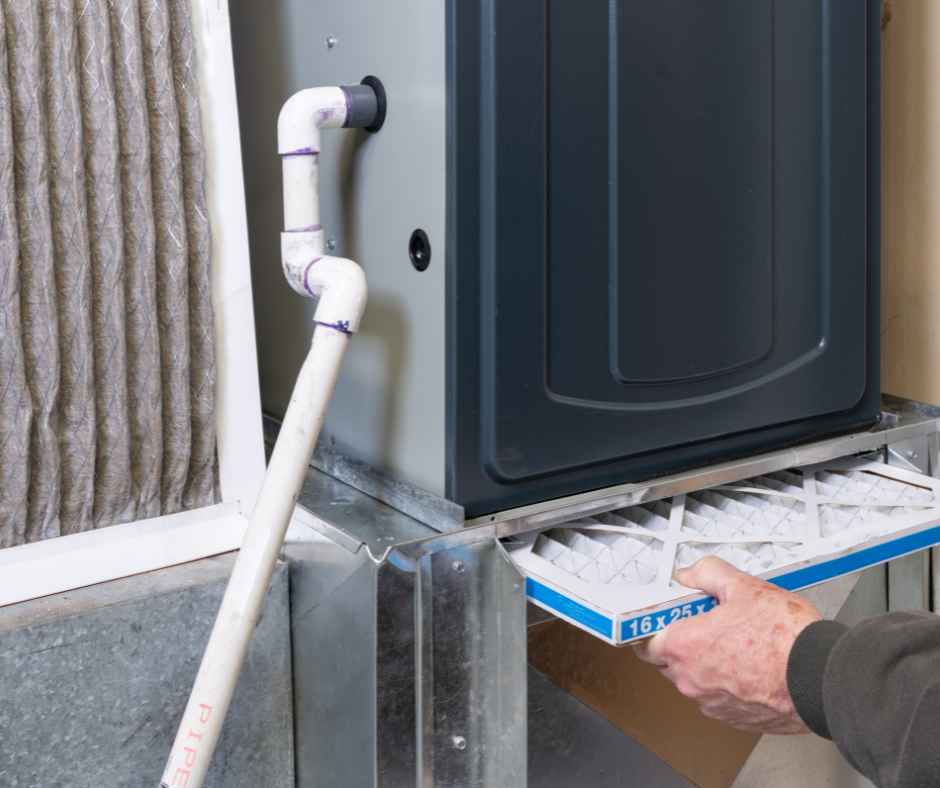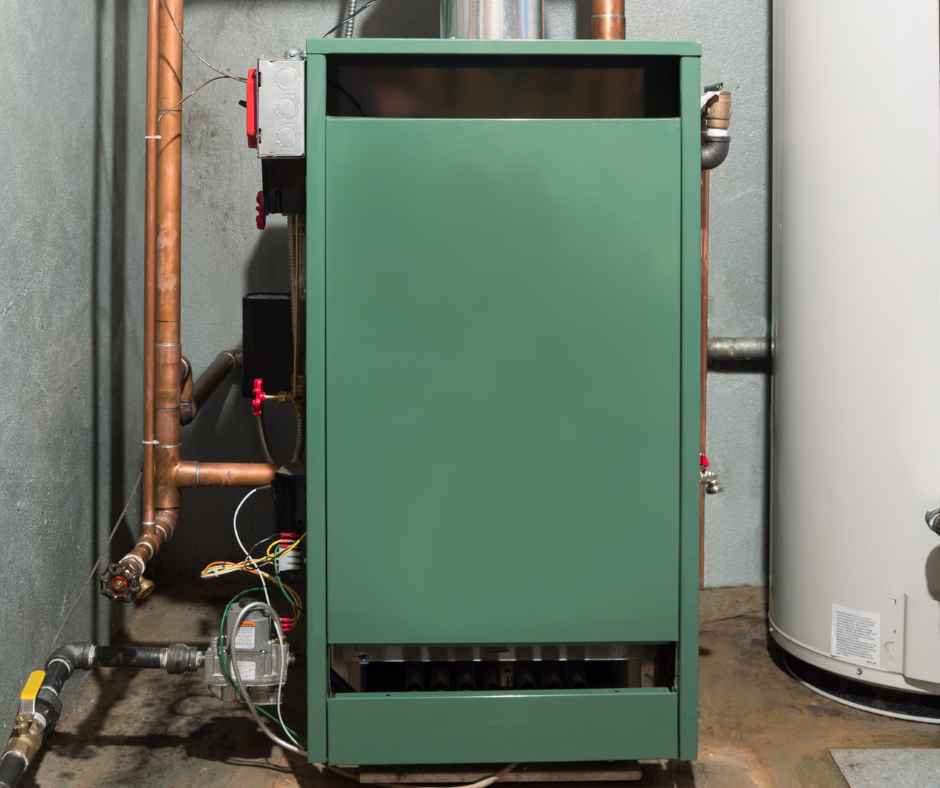0% APR Plus No Payments for 12 Months
on Select New Plumbing & HVAC Systems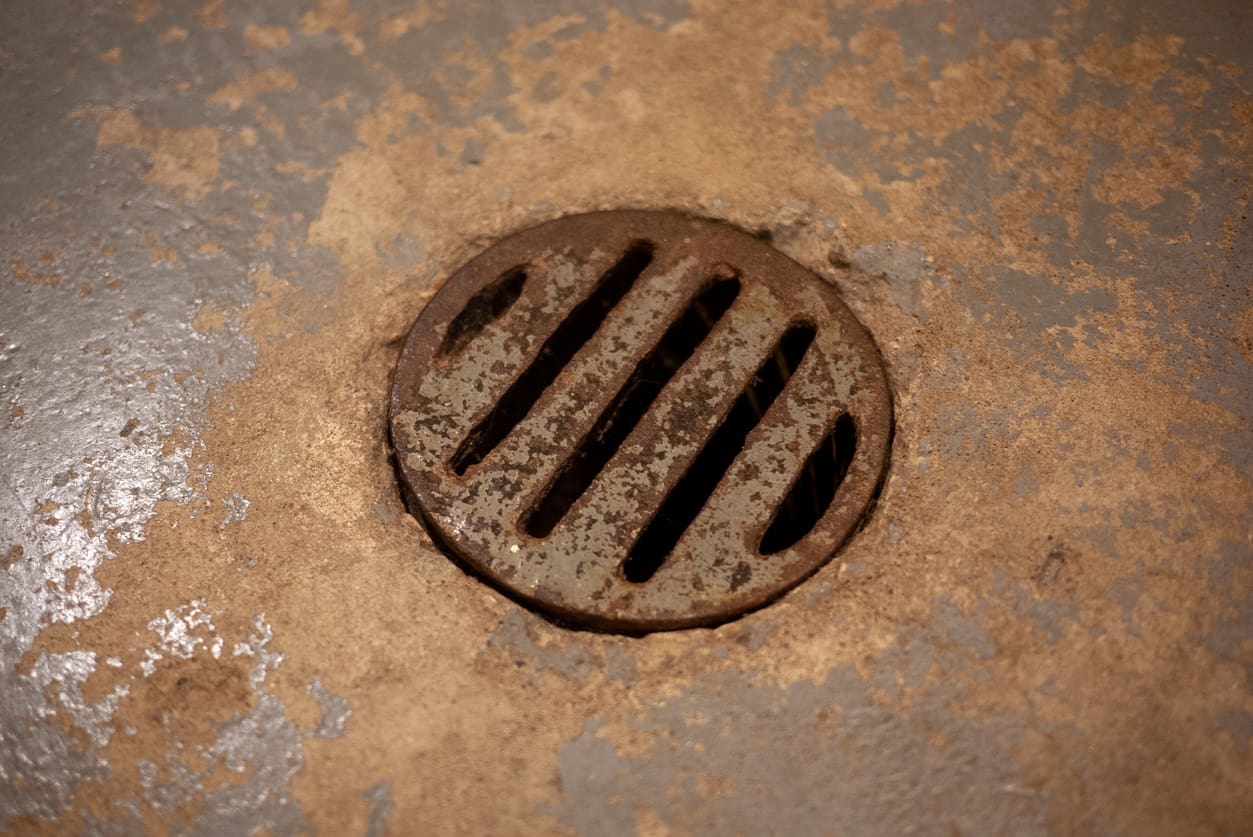
Why is My Basement Floor Drain Backing Up?
Basement floor drains are a crucial component of a home’s plumbing system, designed to prevent flooding and water damage by channeling water away from the basement. However, when these drains back up, they can cause significant issues. Understanding the reasons behind a basement floor drain backing up and how to address them can help homeowners maintain a dry and functional basement.
Common Causes of Basement Floor Drain Backups
Clogged Drains
A common cause of basement floor drain backups is a clogged drain. Over time, debris such as dirt, hair, soap scum, and other particles can accumulate in the drain, causing blockages. When the drain is clogged, water cannot flow freely, leading to backups.
Tree Root Intrusion
Tree roots are naturally drawn to sources of water, including your home’s plumbing system. Roots can penetrate the pipes, causing blockages and even breaking the pipes over time. This can result in a basement drain backing up as water is unable to pass through the obstructed pipes.
Main Sewer Line Issues
The main sewer line in the basement connects your home’s plumbing to the municipal sewer system. If there is an issue with the main sewer line, such as a blockage or a collapse, it can cause water to back up into the basement floor drain. This is often a more serious issue that requires professional intervention.
Heavy Rainfall
Heavy rain can overwhelm the municipal sewer system, causing water to back up into homes. Water coming up through the basement floor drain after heavy rain is a common problem, especially in areas prone to flooding. When the sewer system is overloaded, it can cause backups in homes connected to it.
Improperly Installed or Damaged Plumbing
If the plumbing in your home is not installed correctly or is damaged, it can lead to issues with your basement floor drain. Leaking pipes, broken connections, and other plumbing problems can cause water to back up into the basement.
Signs of a Problem
Knowing the signs of a problem with your basement floor drain can help you address issues before they become severe. Common signs include:
- Water pooling around the drain: This is a clear indication that the drain is not functioning properly.
- Slow drainage: If water is slow to drain from your basement floor, it may be a sign of a clog or blockage.
- Unpleasant odors: Foul smells coming from the drain can indicate a buildup of waste or sewage.
- Gurgling sounds: Strange noises from the drain can signal an obstruction or air trapped in the pipes.
Preventive Measures
Preventing a basement floor drain from backing up involves regular maintenance and taking proactive steps to protect your plumbing system.
Regular Cleaning
Regularly cleaning your basement floor drain can help prevent clogs. Remove any visible debris and flush the drain with a mixture of hot water and vinegar to break down any buildup.
Install a Backwater Valve
A backwater valve can prevent sewage from backing up into your home. This device allows water to flow out of your home but not back in, protecting your basement from potential backups.
Tree Root Management
If you have trees near your home, consider having a professional inspect your plumbing system for root intrusion. Regular maintenance can prevent roots from causing significant damage to your pipes.
Inspect and Repair Plumbing
Regularly inspect your plumbing for signs of damage or wear. Address any issues promptly to prevent them from escalating. Ensure that your plumbing is installed correctly and maintained by a professional.
Avoid Pouring Grease and Debris Down Drains
Be mindful of what you pour down your drains. Avoid disposing of grease, coffee grounds, and other debris that can cause clogs.
What to Do If Your Basement Floor Drain Backs Up
If you find that your basement drain is backing up, take the following steps to mitigate the damage and address the issue:
- Stop Using Water Avoid using water in your home until the issue is resolved to prevent further backups.
- Remove Standing Water Use a wet/dry vacuum or mop to remove any standing water in your basement. This can help minimize water damage and reduce the risk of mold growth.
- Identify the Source Try to identify the cause of the backup. If you suspect a clog, you may be able to clear it using a plunger or a drain snake. However, for more severe issues like a main sewer line problem, it’s best to call a professional.
- Call a Professional For persistent or severe backups, contact a professional plumber. They have the tools and expertise to diagnose and fix the problem effectively.
Conclusion
Dealing with a basement floor drain that backs up can be a stressful experience for any homeowner. By understanding the common causes and taking preventive measures, you can keep your basement dry and functional. Regular maintenance and prompt attention to any issues can help prevent significant problems down the line.
For all your HVAC and plumbing needs, including basement floor drain issues, contact Staton. Our team of experienced professionals is here to provide expert solutions to keep your home running smoothly. Don’t wait until a small problem becomes a big one—reach out to Staton today for reliable service and peace of mind.


